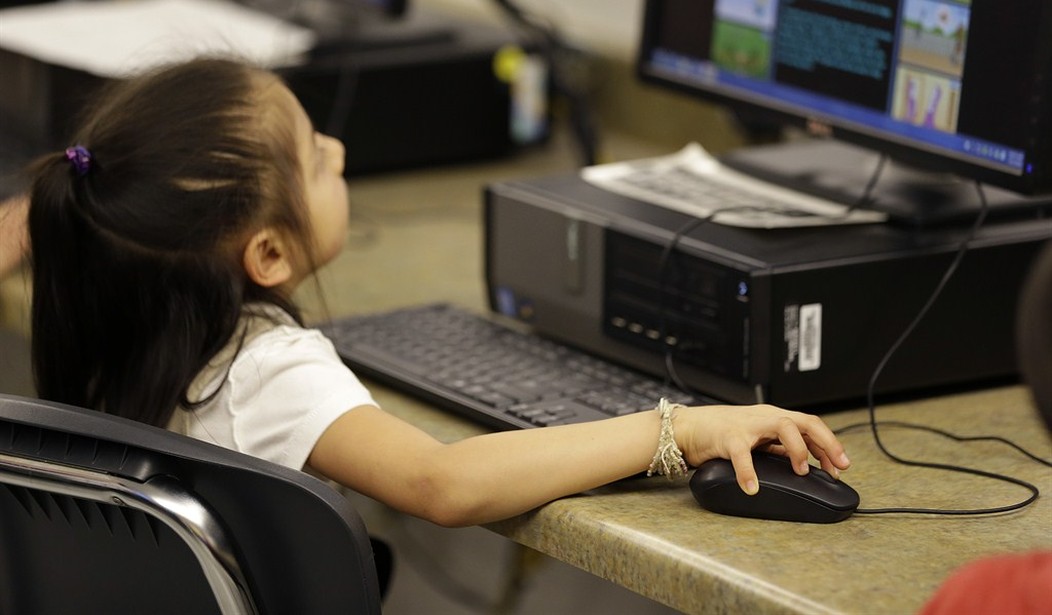What is Internet injustice?
It’s today’s rotten reality of minimal justice online. It’s the out-of-control, mass-victimization of Americans via cybercrime, attacks, harassment, and fentanyl-deaths enabled by U.S. Internet unaccountability policy. It’s also what goaded the Supreme Court to hear two Section 230 cases concerning Big Tech’s criminal liability for hosting illegal activity.
Justice requires accountability. However, in 1996, a utopian U.S. Internet policy experiment of minimal accountability online disestablished justice online and thwarted the Constitution’s first purpose to “establish justice.”
In 1996, Congress declared the Internet, and its services be “unfettered by Federal and State regulation.” In 1997, an executive order declared ecommerce “self-regulated” with “minimal government” and the Supreme Court effectively ruled for unlimited Internet free speech online.
What are today’s main Internet injustices?
1. Unjust legal Double Standard. Offline, people are accountable to rule-of-law. Online, Internet technology and services are not accountable for the same conduct. This unfair double standard enables bad actors to game and arbitrage opposing accountability standards with impunity causing ‘unequal justice under law.’
2. Unequal access to Justice. Offline the Constitution guarantees a citizen’s access to justice. However online, Section 230 court precedents regularly result in plaintiffs’ cases being immediately denied access to justice by losing via summary judgment before discovery.
3. Unfair civil duty of care Double Standard. Offline, all Americans have a civil duty of care to reasonably protect others from foreseeable harm. Online, Internet technology and Internet services are de facto above the law and privileged with no civil duty of care.
Recommended
4. Unequal Justice under the law. U.S. policy inhumanely values and protects technology over humanity and profit over people. It unsafely grants technology impunity to harm people. It unjustly disenfranchises people without their consent by empowering technology to govern and control people sans rights, due process, or access to justice.
5. Unjust Constitutional free speech Double Standard of limited speech offline but unlimited speech online. To protect people from harm, offline the Supreme Court has ruled which types of speech are harmful and not protected by the First Amendment, e.g., obscenity, fighting words, defamation, child p0rnography, perjury, blackmail, incitement to imminent lawless action, true threats, and criminal solicitations. Online, the Supreme Court is not protecting people from harm in enabling online speech ruled harmful offline. In addition, its Section 230 precedent, Reno v. ACLU sends mixed messages. It overturned the Communications Decency Act (CDA) for too broadly abridging adults’ free speech to access p0rnography online. It ‘threw out the baby with the bathwater’ when it also overturned CDA Section 508. In 1996, 508 criminalized the “Coercion and Enticement of Minors” for sex or prostitution. This unanimous Supreme Court decision inexplicably implied that coercive speech to minors for sex or prostitution is somehow constitutionally protected free speech. If true, the Supreme Court implies freedom of speech may be anarchically and amorally absolute online.
What Internet Injustice most Mass-Victimizes Americans?
U.S. Internet unaccountability policy has many imagining and advancing the dangerous notion that America’s digital borders must allow an absolutist free flow of info into the U.S. akin to U.S. citizens freedom of speech. This naïve sovereignty surrender online unnecessarily enables out-of-control mass victimization of Americans by bad actors.
America’s adversaries and foreign-sponsored cybercriminals and terrorists are not U.S. citizens and have no First Amendment Rights, to kill, steal, exploit, defraud, or harm Americans.
Cybercrime victimization is out-of-control. Only .05% of cybercrime is prosecuted. Americans worry most about cybercrimes. Most of the 100,000 Americans killed last year by Fentanyl poisoning died as a result of illegal online pharmacies. 23% of Americans have suffered from cybercrime, 33% from identity theft, and 64% from theft of their data.
Cyberattack and cyber-harassment victimization is out-of-control. 53% of US adults have been cyberbullied or harassed. 90% of U.S. organizations have been compromised by a cyberattack. 78% of U.S. organizations have suffered from ransomware.
What is the Internet injustice solution?
Restore constitutional authority, rule of law, rights, and a duty of care over the U.S. Internet in U.S. policy. It keeps the Internet good (legal conduct) and fixes the Internet bad (illegal conduct.) What would change? Americans would go from not having, to having, rights, recourse, and access to justice online. U.S. policy would flip from protecting technology from people, to protecting people from technology. Big tech would go from not being subject, to being subject, to rule-of-law, rights, and a duty-of-care like everyone else.

























Join the conversation as a VIP Member